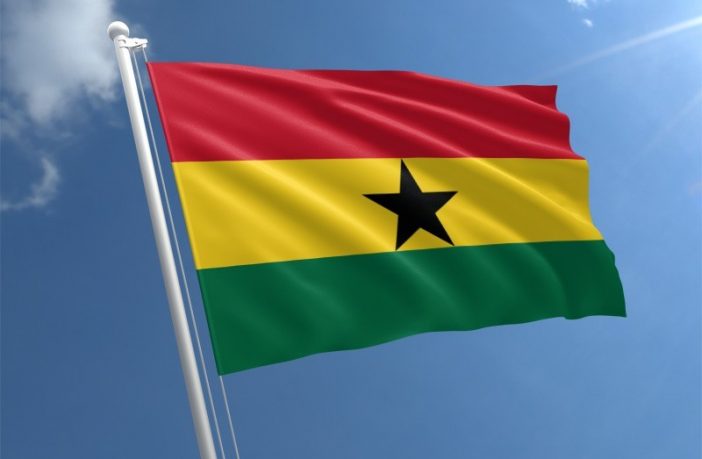- The African Development Bank has approved a $1.5 million grant from its Sustainable Energy Fund for Africa to assist Ghana’s renewable energy investment drive.
- Gaps within the existing renewable energy regulatory framework continue to slow down private investment in the sector.
- The SEFA grant will fund broad components: the technical/commercial/regulatory and feasibility studies,
The African Development Bank has approved a $1.5 million grant from its Sustainable Energy Fund for Africa (SEFA), to assist Ghana’s renewable energy investment drive. The bank stated that this grant will support the government’s efforts to overcome technical, financial, regulatory and institutional barriers to scaling-up renewable energy investments in the country.
The project, which is part of the Bank-led Climate Investment Fund (CIF) and the Scaling-up Renewable Energy Programme (SREP) Investment Plan for Ghana, will complement the bank’s effort in the Ghana Energy Development and Access Programme (GEDAP).
The SEFA grant will fund broad components: the technical/commercial/regulatory and feasibility studies, aimed at providing detailed renewable energy resource studies, grid integration studies and regulatory texts, and resources and public sector skills and capacity development.
In a bid to create an enabling investment climate for renewable energy, the government of Ghana put in place several policies and regulatory measures, including the Renewable Energy Act 2011 (Act 832). However, gaps within the existing renewable energy regulatory framework continue to slow down private investment in the sector.
“The African Development Bank’s intervention will address the identified barriers and strengthen Ghana’s enabling environment to unlock more private sector investments into renewable energy projects,” said Amadou Hott, Bank Vice President for power, energy, climate change and green growth.
Acknowledging AfDB’s ongoing commitment to climate finance, Hott stated that the SEFA grant will fund the preparation of detailed technical/commercial/regulatory, grid integration and feasibility studies, provide resources and tools, and enable public sector actors with the requisite skills and capacity development to maintain renewable energy assets.
The technical assistance supports Ghana’s Strategic National Energy Plan, its National Energy Policy, SEforALL Action Agenda targets, the Energy Sector Strategy and Development Plan as well as the ECOWAS Renewable Energy Policy.
Author: Babalwa Bungane
This article was originally published on ESI Africa and is republished with permission with minor editorial changes. Link to original















